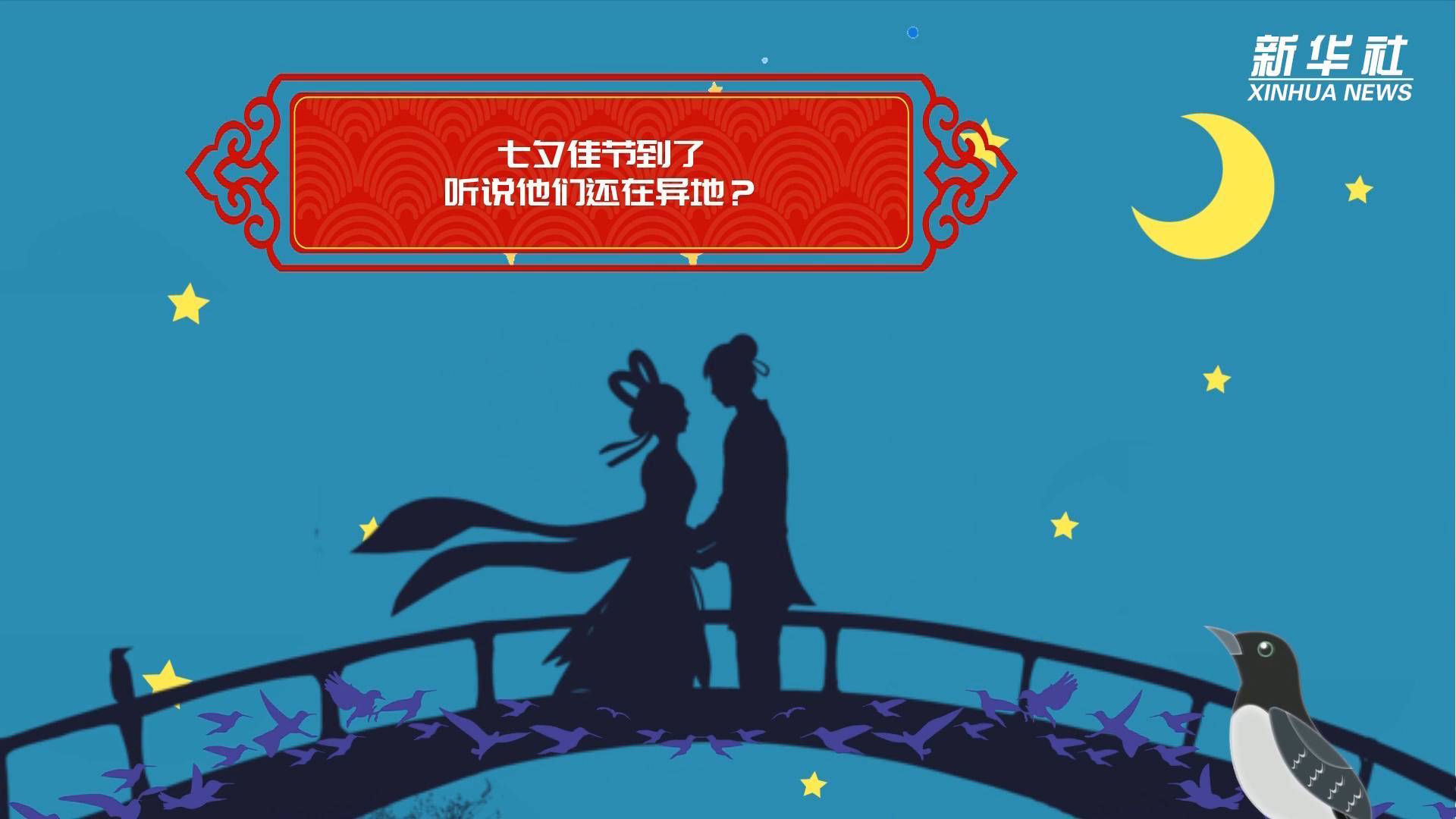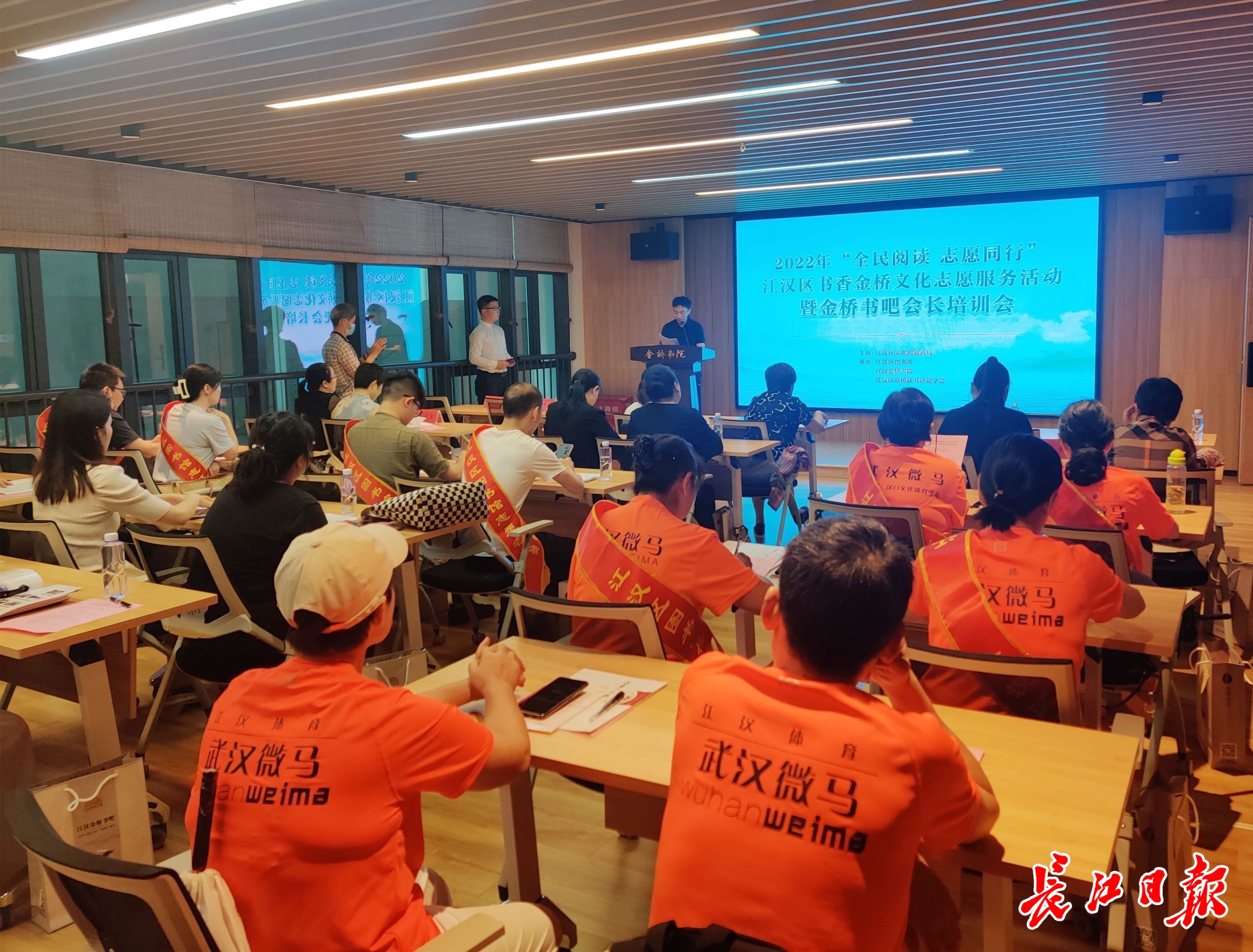Truth and common sense (96) | Tanabata today, decrypt the Chinese "romantic passwords" together
Author:Report Time:2022.08.04

"The night of the sky is cold as water, and the glory is watched."
Today is the seventh day of July of the lunar calendar, also known as the Qixi Festival.
In the Han Dynasty's "Huainanzi · Astronomy Training", there was a record of "Qixi Fillets Filled with the Birds and Watanabe". It can be seen that our familiar cowboy weaver legends today have spread the folk as early as the Han Dynasty.
After the history of history, Qixi was given the beautiful love legends of "Cowherd and Weaver", which made it a festival symbolizing love, which was considered to be the most romantic traditional festival in China. Perhaps affected by Western Valentine's Day customs, Tanabata is now also known as "Chinese Valentine's Day".
Where does Qixi come from?
In the opinion of He Shaoya, a lecturer in the School of Social Sciences of Beijing Normal University, the Qixi Festival festival originated from the worship of the stars. Since the Han and Wei dynasties, the Tanabata time is fixed on the seventh day of July, becoming a folk festival with women as the main body and begging as the main custom.
The beautiful Qixi Festival is always longing. It is understood that it originated from the worship of the stars, which is related to the judgment of the ancient Chinese in the ancient Chinese. Some scholars have inferred that in the late Western Zhou Dynasty, there were already worship of weaving actresses.
He Shaoya said that the weaver actress belongs to Tianqinzhong and is the second bright star in the northern night sky. The glory (cowboy) star belonging to the Aka Aka, its brightness is second only to the weaver actress, and the two stars are across the galaxy.
Over time, weaver actresses and cattle stars have gradually been anthropomorphic. In the early years of the Qin Dynasty, the legends about the Cowherd Weaver Girl were widely popular, but the Tanabata at that time was still a taboo day for folk marriage.
After the middle of the Western Han Dynasty, the theme of the Qixi Festival began to change, and from the evil day to the good day. In the essay of the "Customs" of the Eastern Han Dynasty, there is "the weaver girl crossing the river to make the magpie as a bridge."
He Shaoya introduced that before the Han Dynasty, the date of the Qixi Festival was about the first day of July, and it was not necessarily on the seventh day of July.
After the Han and Wei dynasties, the time node of the Qixi Festival gradually fixed, and the customs of women begging, worshiping weavers, telling the legend of Niu Lao Weaver, and eating ingenious fruit.
What are the "Qiqiao" activities?
Tanabata is also known as Qiqiao Festival, Daughter's Day, Seven Sister Birthday, Qin Niang Club, etc., and its theme has undergone historical changes such as star sacrifice, happiness prayer, vulgar competition, and happy love.
Among them, women's begging Qiao Blessing is the most common custom of the Tanabata Festival. The beggar activity is a collective folk education for girls. It is an important time for its morality, emotion, mind, and skills to continuously improve and enhance. It is also a ritual training that realizes identity, enhance role consciousness, and socialized.
There are many ways to begging in ancient times. For example, when wearing a needle begging, the women hold the five -color silk thread in the moonlight and wear a seven -hole needle (or five -hole needle, nine -hole needle). Whoever dresses slowly will "lose ingenuity".
He Shaoya introduced, in addition, there are "beggar" methods such as tactics, spider spider appropriate, and clever. Wu Manyun, a poet in the Qing Dynasty, had poems: "The thread is about about the next year, and the Yu Qiao will be acupuncture.
What other interesting customs?
Other customs of Tanabata are also very interesting. In some areas of Zhejiang and Fujian, it is a holiday for children.
In Shitang Town, Wenling, Zhejiang, Qixi Festival is called "Little Man's Day". On this day, people do birthdays for children 1-16, and children are concentrated on this day no matter what day.
He Shaoya mentioned that Qixi also has customs such as exposure of scriptures and clothes. The Eastern Han Dynasty Cui Yan's "The Four People's Moon Order" records that July "Seven Days ... Exposure and clothes, customs."
Tanabata's festival connotation has gone through a continuous and development process.
He Shaoya said that Tanabata was originally a sad day full of sorrow, and later evolved into a time when a lover with a certain romantic color was gathered; it was originally a year's reunion. Essence
She believes that the Qixi Festival should not be simply regarded as "Valentine's Day". On the one hand, Tanabata has a wealth of cultural connotations. It is not only a festival that communicates between the sexual emotions and adjusts the sexual relationship, but also a traditional festival of Chinese women. At the same time, the Qixi Festival is also a festival to bless children's growth, and the content it covers far exceeds the cultural meaning of "Valentine's Day".
Tanabata is also a national "non -heritage"
Among my country's first batch of national intangible cultural heritage, there are 4 traditional festivals: Qingming, Dragon Boat Festival, Mid -Autumn Festival, and Spring Festival. Later, the Lantern Festival, Tanabata and Chongyang were added. The Dragon Boat Festival also became the first holiday selected in the world.

Edit: Shi Wei
Editor in charge: Qian Yichen
Source: China News Service, Beijing Daily Client, Xinmin Evening News
- END -
He records Damei Shanxi with a pen drawing
The recent days always say that it has changed. On the afternoon, the rain was raining outside the window, and the glass was rang, but this did not affect Wang Menghe's focus. If it wasn't for the dis...
Shuxiang Jinqiao gathers the spirit of volunteer, and Jianghan District launches cultural volunteer practice activities

Changjiang Daily Da Wuhan Client July 5th (Reporter Li Xinyu Correspondent Wu Shi)...